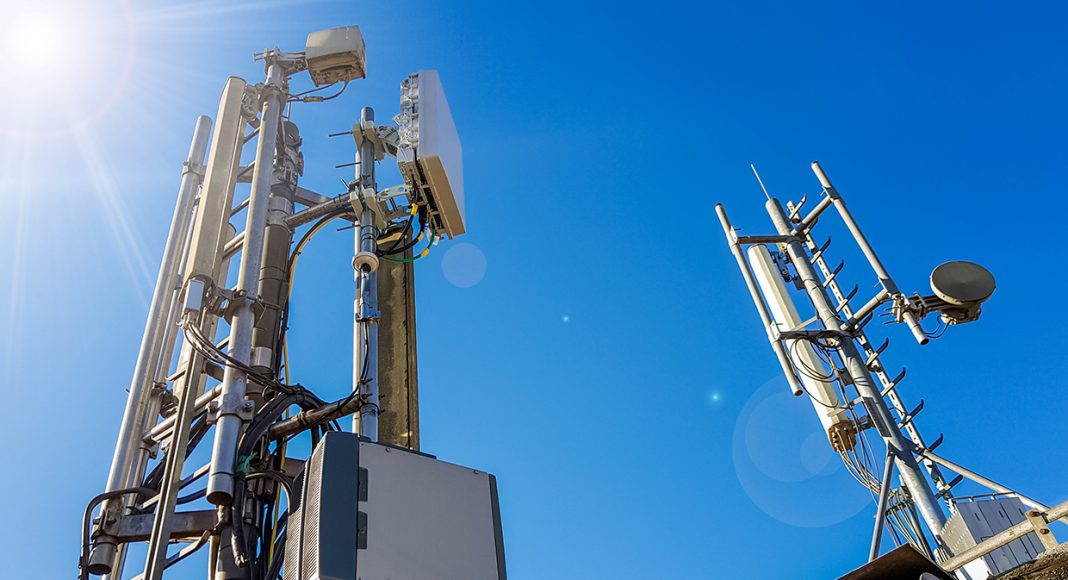The Australian government are responding to the Australian publics health concerns over 5G technology, which came after the Kalamata Council in Greece delayed the introduction of 5G due to health risks and infertility. Kalamata was one of three council districts in Greece where 5G was to be piloted.
As a response, the Australian government is investing $9 million over four years to ensure the public is educated and aware of the safety of 5G technology.
More scientific research and public education programs have been earmarked as part of the program.
Minister for Communications, Paul Fletcher, said the spend was about addressing community concerns.
“The rigorous safety standards for mobile networks and devices in Australia draw on extensive scientific research into [electromagnetic energy] emissions, globally and in Australia, over many decades,” Fletcher said.
“[Electromagnetic energy] levels from mobile networks and devices are typically at similar levels to familiar household devices such as microwave ovens and baby monitors.”
Part of the government’s $9 million will go the Australian Radiation Protection and Nuclear Safety Agency (ARPANSA) for more scientific research about the dangers of radiation.
Dr Ken Karipidis, a scientist with ARPANSA, has said the higher frequencies of 5G will have a short depth of penetration into human tissue.
“Consequently, this energy is absorbed mostly within the skin where surface heating is the predominant effect.
“At these higher 5G frequencies, the limits in the ARPANSA safety standard are set to prevent excessive heating at the surface of the skin and the eye.
“In our community today there are a range of devices and applications that utilise higher frequencies, for example security screening units at airports, police radar guns to check speed, remote sensors and in medicine.”
ARPANSA joins international regulators, the World Health Organisation, and the International Commission on Non-Ionising Radiation Protection in confirming 5G does not pose any associated health risks.
Despite 5G technology receiving the tick of approval, upset citizens have troubled the rollout of 5G with opposition groups appearing around the country – dubbed the “anti-vaxxers of tech”.
Facebook groups like ‘We Say NO To 5G in Australia’ (11,000 likes) share memes about the supposed dangers of 5G and have encouraged their members to email the ongoing Parliamentary Inquiry into 5G in Australia.
With reference to Australian Computer Society.


